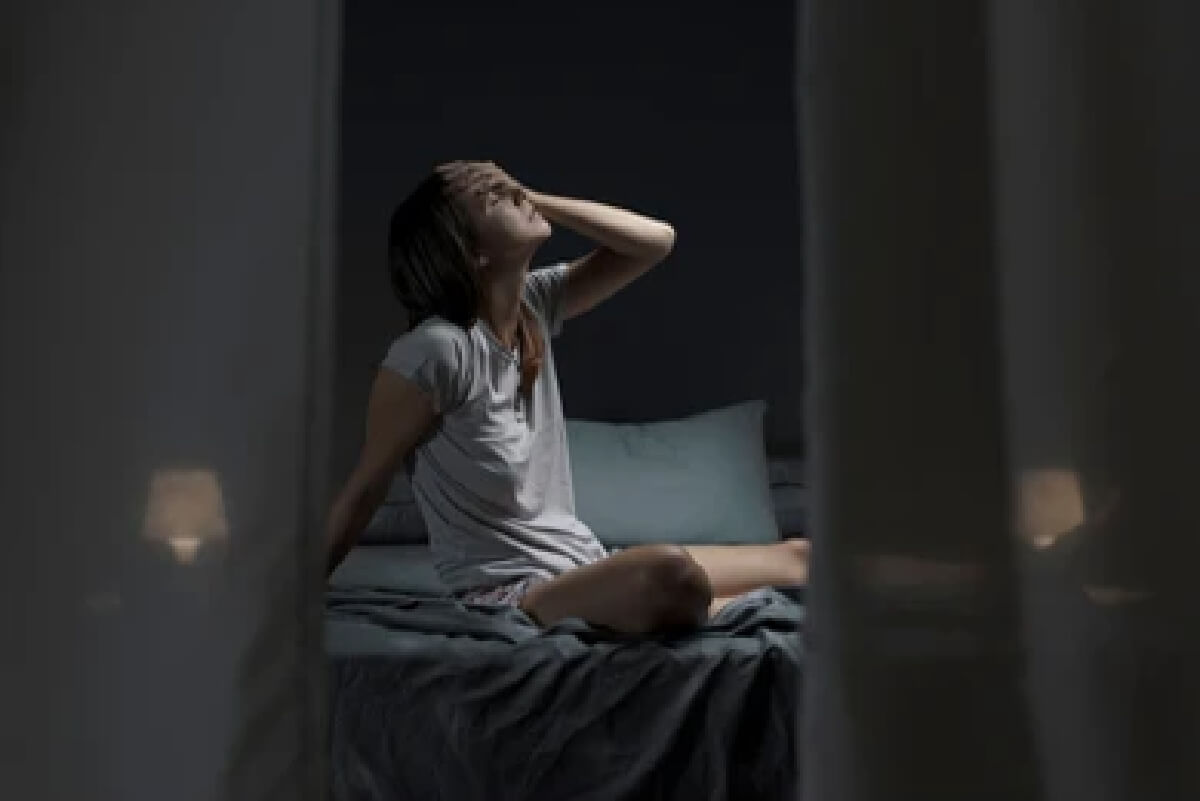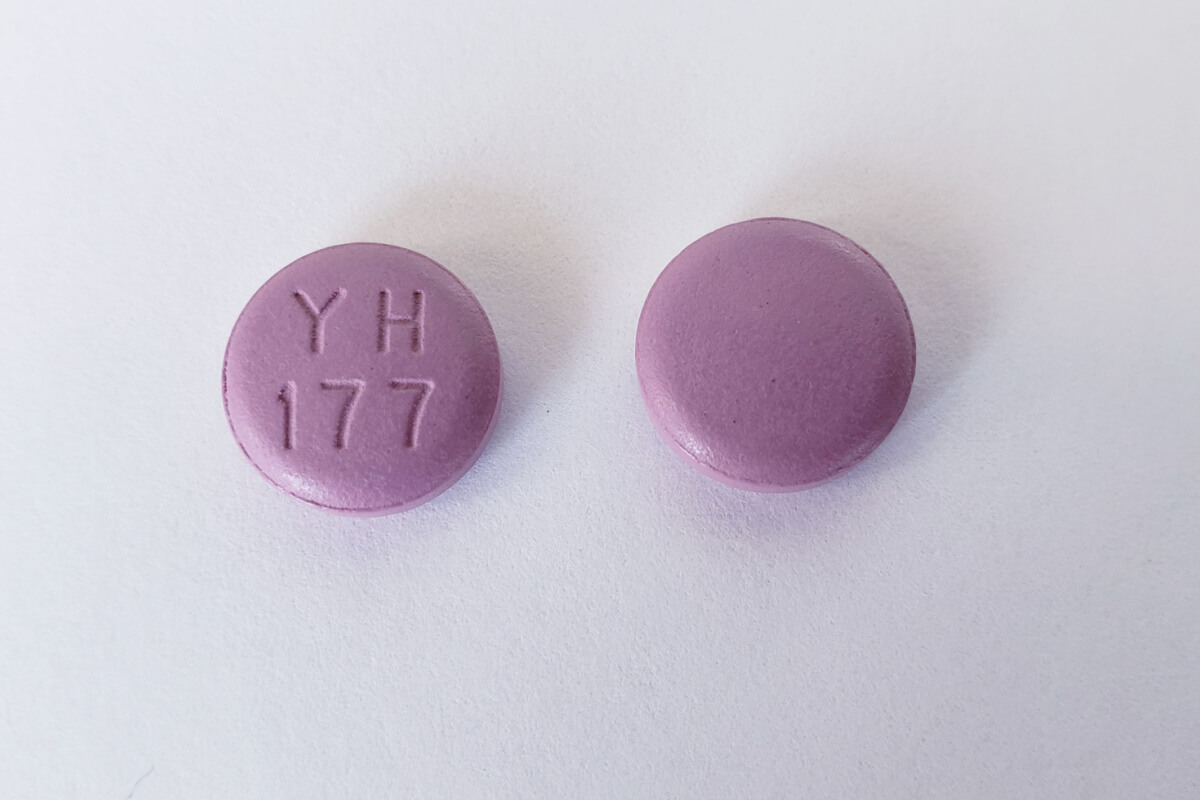
Delirium tremens (DTs) is an especially severe form of alcohol withdrawal. People who have been chronically and heavily drinking are at risk of DTs. It is a major obstacle in recovery as well as a significant health risk.
If you or a loved one want to quit using alcohol, it’s important to research DTs, its triggers and its symptoms. If you have been drinking heavily for a while, do not attempt to detox from alcohol on your own at home without consulting a medical or addiction treatment professional. Symptoms could be life-threatening.
What Is Delirium Tremens?
Delirium tremens refers to a form of severe alcohol withdrawal.[1] A person going through DTs experiences sudden and severe mental or nervous system changes that have the potential to be life-threatening.
While not fully understood, it appears DT occurs in almost 2% of patients with alcohol dependence.[2] It commonly co-occurs with liver disease, which can complicate how the condition presents, the most appropriate treatment path and the outcome of that treatment.
Discussed in more detail in the next subsection, this condition is commonly characterized by a combination of severe alcohol withdrawal symptoms and symptoms of delirium.
Symptoms & Clinical Presentation of Delirium Tremens
DTs can present with the following symptoms:[1]
- Nausea
- Tremors
- Agitation
- Increased psychomotor activity (repetitive and unintentional movements)
- Short-term memory problems
- Inattention
- Disorientation or severe confusion
- Negative changes to sleep patterns
- Hallucinations
- Seizures
DTs typically occur about 48 hours after the abrupt cessation of alcohol in people who have engaged in chronic use.[3] It can last up to five days.
Its occurrence should be viewed as a medical emergency. It has an anticipated mortality rate of up to 37% without appropriate treatment, meaning there is a significant risk to a person experiencing DTs if they don’t receive medical help. The mortality rate is less than 5% among those who receive early treatment.[3]
Risk Factors & Triggers
Delirium tremens is still being studied, but it’s strongly associated with severe alcohol withdrawal. It isn’t just a standard risk for a person who is alcohol dependent and then suddenly stops drinking. Instead, it is typically only a risk for individuals who have chronically overused alcohol and regularly drank heavily before quitting.[1]
Known risk factors of DTs include the following:[3]
- A prolonged period of drinking prior to one’s last drink
- Prior experiences of DTs
- Prior history of seizures
- Concurrent illness with associated comorbidities
- Prior attempts to detox from alcohol
The most obvious potential trigger of DTs would be ceasing drinking after heavily drinking for a long period. However, it needs to be emphasized that chronic heavy drinking is highly destructive to health. Quitting alcohol use is overall a wise health decision; it just sometimes needs to be done with care.
A medical expert treating severe withdrawal symptoms can help to prevent DTs. Untreated symptoms potentially lead a person to develop DTs.
Potential Complications
A variety of serious medical complications can occur as a result of experiencing DTs. A person can experience seizures, cardiac issues and potentially severe respiratory problems. They may also become severely agitated, confused and potentially hallucinate, which can lead to illogical and sometimes very dangerous decision-making.[4]
As touched on earlier, DTs can have a very high anticipated mortality rate if left untreated.[5] It’s a medical emergency and one of the primary reasons people seeking to quit alcohol, especially after heavy use, should talk with an addiction treatment expert about the best way to quit. The good news is that the risks of DTs can be dramatically reduced with expert help.
DTs Diagnosis & Medical Evaluation
To identify if a person has DTs or is at risk for the condition, a doctor will evaluate the severity of their alcohol withdrawal based on symptoms and medical history. They will likely use a 10-question assessment tool where a person will be rated on the severity of a variety of symptoms, such as sweating, tremor, and nausea/vomiting. A score of 15 or greater signals severe withdrawal and an impending risk of seizures and DTs.
A patient will also be assessed for electrolyte, nutrition and fluid abnormalities. Many people with DTs are severely dehydrated and experience extreme electrolyte abnormalities. These issues can be very dangerous, but they are also generally very treatable.
Treatment & Management of DTs
There is some debate on the best way to treat DTs, but research suggests that a symptom-triggered approach, where a doctor focuses on treating the specific symptoms that each individual experiences, rather than implementing a fixed regimen such as a standard dose of benzodiazepines to treat withdrawal, is effective and requires “less medication with a smaller duration of treatment.” A patient will likely be kept in a safe environment, so they cannot unintentionally harm themselves or others. They will be given a combination of medication, fluids and nutrients as needed.
After an individual recovers from DTs, aftercare is important. While alcohol withdrawal is a major step in recovery, getting through this stage doesn’t mean a person is “cured” of alcohol use disorder (AUD). There is no cure for addiction, but there is hope for long-term recovery.
Depending on the specifics of an individual’s case, an addiction treatment expert will likely recommend a few medications that can help them avoid using alcohol in combination with talk treatments like cognitive behavioral therapy. Attending support group meetings, where individuals can connect with others who are going through a similar recovery process, can also help them find actionable advice and a sense of community. This can all bolster one’s ability to maintain recovery.
Conclusion
In summary, delirium tremens is a form of severe alcohol withdrawal where a person experiences severe mental or nervous system changes. They may become severely confused, hallucinate, unreasonably agitated and more. DTs can cause seizures, respiratory problems and a variety of other potentially life-threatening symptoms. It is considered a medical emergency.
DTs are treatable but should be taken very seriously. If you or a loved one are trying to quit alcohol and seem to be showing signs of DTs, call 911 or contact a medical professional immediately.
It’s also a clear sign that comprehensive treatment for AUD is needed. Reach out for help today to reduce the risk of serious harm from ongoing alcohol misuse.

Reviewed By Peter Manza, PhD
Peter Manza, PhD received his BA in Psychology and Biology from the University of Rochester and his PhD in Integrative Neuroscience at Stony Brook University. He is currently working as a research scientist in Washington, DC. His research focuses on the role ... Read More
- Delirium tremens. U.S. National Library of Medicine. Published February 2023. Accessed February 2024. https://medlineplus.gov/ency/article/000766.htm
- Delirium tremens: Assessment and management. Journal of Clinical and Experimental Hepatology. Published May 5, 2018. Accessed February 14, 2024. https://www.ncbi.nlm.nih.gov/pmc/articles/PMC6286444/
- Rahman A, Paul M. Delirium tremens (DT). StatPearls. Published November 18, 2018. https://www.ncbi.nlm.nih.gov/books/NBK482134/
- Schuckit MA. Recognition and management of withdrawal delirium (delirium tremens). Longo DL, ed. New England Journal of Medicine. 2014;371(22):2109-2113. https://doi.org/10.1056/nejmra1407298
- Bramness JG, Ina Heidi Heiberg, Høye A, Rossow I. Mortality and alcohol‐related morbidity in patients with delirium tremens, alcohol withdrawal state or alcohol dependence in Norway: A register‐based prospective cohort study. Addiction. Published July 19, 2023. https://doi.org/10.1111/add.16297
Download Our Free Program Guide
Learn about our program, its effectiveness and what to expect
Related articles
Imagine what’s possible on the other side of opioid use disorder.
Our science-backed approach boasts 95% of patients reporting no withdrawal symptoms at 7 days. We can help you achieve easier days and a happier future.









